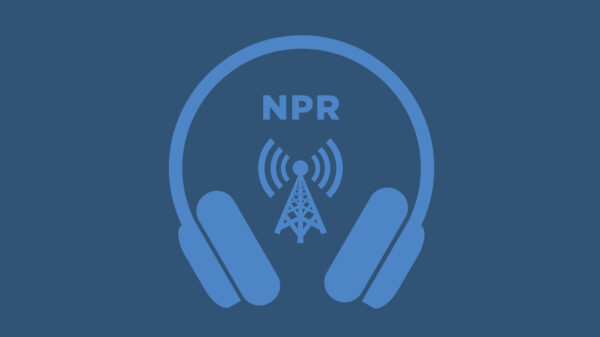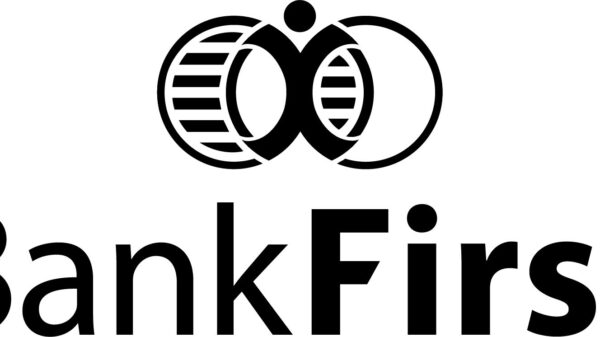As artificial intelligence tools enhance productivity across various industries, many workers are expressing a desire for more focused, distraction-free time. A recent survey conducted by Twilio revealed that nearly half of employees prioritize uninterrupted work periods, with 47% advocating for formally scheduled downtime. This sentiment is particularly strong among younger workers aged 25 to 34, where 44% indicated they would prefer to work for companies that offer designated quiet time.
The rise of hybrid working arrangements has intensified the pressure on employees to remain constantly available. According to the survey, 38% of workers report feeling the need to be online or responsive during working hours. This pressure can disrupt their ability to concentrate on important tasks. Sam Richardson, Director of Executive Engagement for Twilio EMEA and APJ, emphasized that “digital tools become increasingly embedded in our everyday routines,” suggesting that formalizing downtime could alleviate the overwhelming “always-on” environment that hampers productivity and negatively affects workplace culture.
Preferred Quiet Days and Employee Retention
The survey also highlighted a preference for specific days for quiet work. Friday emerged as the favored day, with 44% of respondents wishing to use it for wrapping up tasks before the weekend. In contrast, only 29% preferred a quieter Monday. This trend indicates that employees seek to establish boundaries that allow them to manage their workload effectively.
Richardson pointed out that if companies want to attract and retain top talent, they must listen to their workforce’s needs. “If businesses want to attract and retain the best talent to build for the future, they need to take heed of what workers are telling them,” he noted.
AI’s Role in the Modern Workplace
With the increasing prevalence of digital-first workplaces, organizations are urged to implement systems that support focused work while acknowledging employees’ need for downtime. The potential of AI lies not only in boosting efficiency but also in creating personalized experiences that do not add to existing stressors.
Many businesses are reevaluating their use of AI tools, particularly in terms of how they can enhance rather than hinder employee productivity. As the demand for 24-hour support grows among consumers, companies that leverage AI effectively may find a balance that benefits both their employees and their customers.
The findings from Twilio reflect a broader trend in workplace dynamics, highlighting the importance of creating environments where focus and creativity can thrive. As organizations adapt to the evolving landscape of work, the call for digital downtime may serve as a key consideration for future workplace policies.






































































